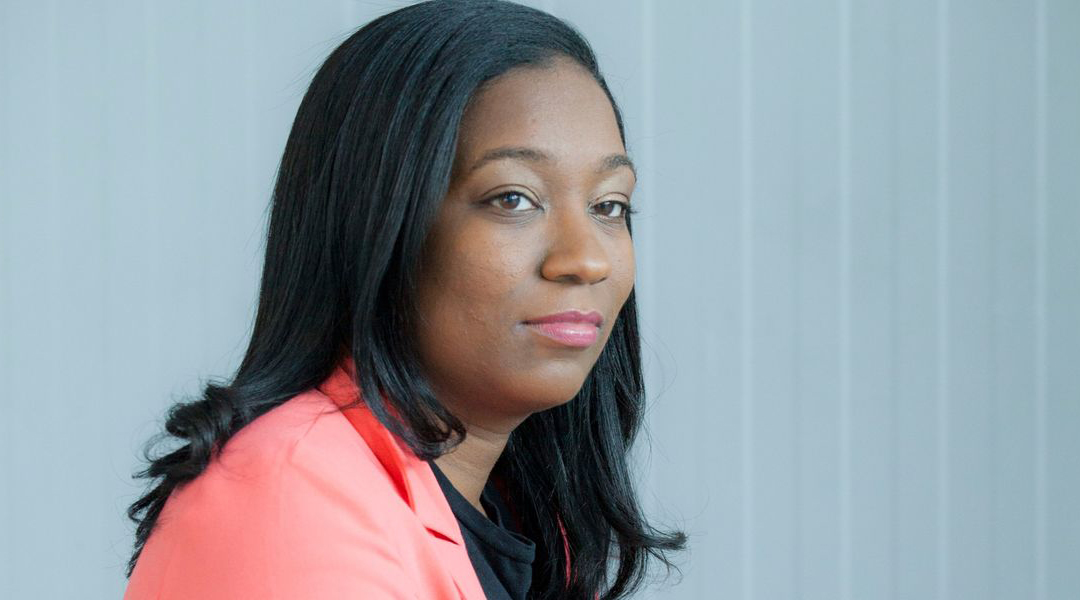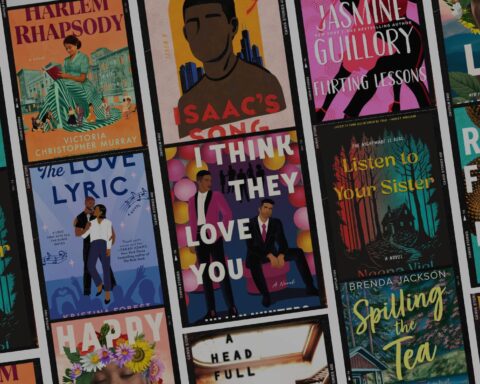The ways in which I come across a writer or their work varies. Sometimes, it’s because of a review in a publication I enjoy. Other times, it’s a recommendation from another reader. Recently, Twitter has done amazingly well at placing new voices in front of me.
But that’s not how Brit Bennett landed on my radar. I actually have no recollection as to how she did. All I know is that at the beginning of the year, I added The Mothers, her debut novel about big secrets in a small community, to a running list of books I want to check out. Months later, I returned to that list to add The Vanishing Half, a novel about two sisters who can pass for white and wind up leading very different lives.
I couldn’t recall why I’d added The Mothers to the running list, but it ultimately didn’t matter. There was obviously something about Bennett that told me I needed to check her out. And it wasn’t just because she was a young, Black woman crushing it. However, her being Black was one of the reasons why I made the decision to purchase her books versus just borrowing them from the Brooklyn Public Library. It’s one singular sale, but I still find it important to support Black talent in as many ways as possible.
So, when The Vanishing Half was released this past June, I eventually made my way to the The Strand. While there, I picked up both of her books. Since her most recent book was freshest in my memory, it’s what I dived into first. A few chapters in, I put a bookmark in place and dropped the hardcover into my lap.
“This is…good,” I said to myself.

Breezing through page after page in The Vanishing Half, I kept asking myself how someone so young could be so gifted. It’s even more astounding when she revealed during a Good Morning America interview that she’d been working on this book for about 4 or 5 years. How could she uncover all of those dirty, well-kept secrets of the human experience…as a 20something?
Her MFA in Fiction at the University of Michigan might have helped. She has also had her culture commentary land in The New Yorker and even penned a poignant personal essay, “I Don’t Know What to Do With Good White People” for Jezebel back in 2014. So, it’s evident that she’s got the goods when it comes to crafting a narrative be in fiction or non-fiction.
In awe, I started wondering how old James Baldwin was when he was first published. His debut, the now iconic Go Tell It on the Mountain, was published when he was just 29 years old. Greatness clearly does not care how old the vessel is. When it’s ready to reveal itself, it will do just that.
Their writing is incredibly different and no comparison is needed, but I can’t help but put them close together in terms of skill. Like Baldwin, Brit Bennett pairs words together in a way that presses on your chest like a thumb sinking into a ripe peach. You feel what she’s written. There are moments when it is deliriously enjoyable, too. In a passage from The Mothers, Bennett illustrates her ability to question a massive concept (spoiler alert: racism) in just a few short sentences.
“In a way, subtle racism was worse because it made you feel crazy. You were always left wondering, was that actually racist? Had you just imagined it?”
It seems simple enough, but it caused me to pause. In my 30+ years, I have spent more time managing my encounters with subtle racism than I care to admit. From work conversations to interactions with friends, there have unfortunately been too many instances for me to track. The reality of this observation made me sad. It became magnified when I thought about how there are even more acts of subtle racism that I simply didn’t clock.
After reflecting on this for a few moments, I returned my focus to Bennett’s writing. It’s rare that a piece of fiction can drop the topic of racism in front of you with such a light touch and still have it leave such a fantastic impression. It didn’t feel trite or downplayed, but it also didn’t overwhelm the narrative.
Ah, the power of Bennett’s uncomplicated writing!
Without sounding like too much of a fan boy, there is a subplot in The Vanishing Half that I felt was underdeveloped. While I am all for people finding their forever-partners, Jude and Reese’s relationship stayed too on the surface. With Jude being a cis woman and Reese a trans man, a deeper analyzation into how their identities impacted their bond would have been fascinating. In some ways, learning tiny bits about Reese’s transition makes it feel like the grandest telling of escapism in the entire novel. Considering how HBO won a wild auction of 17 bidders to develop The Vanishing Half into a limited series, I hope that they will use this medium to further develop the mini-stories Bennett laid the foundation for.
With only two books to her name (The Mothers is being adapted for film by Kerry Washington which Bennett will write the script for), Bennett does more than just deliver on the promise of an exciting new voice. She’s kicked down the door just to show you Brit Bennett’s not having that. Reading her work is like accepting an offer that’s too good to refuse. And at 30 years old, she has shown readers why she belongs in the canon of great, contemporary American writers.




